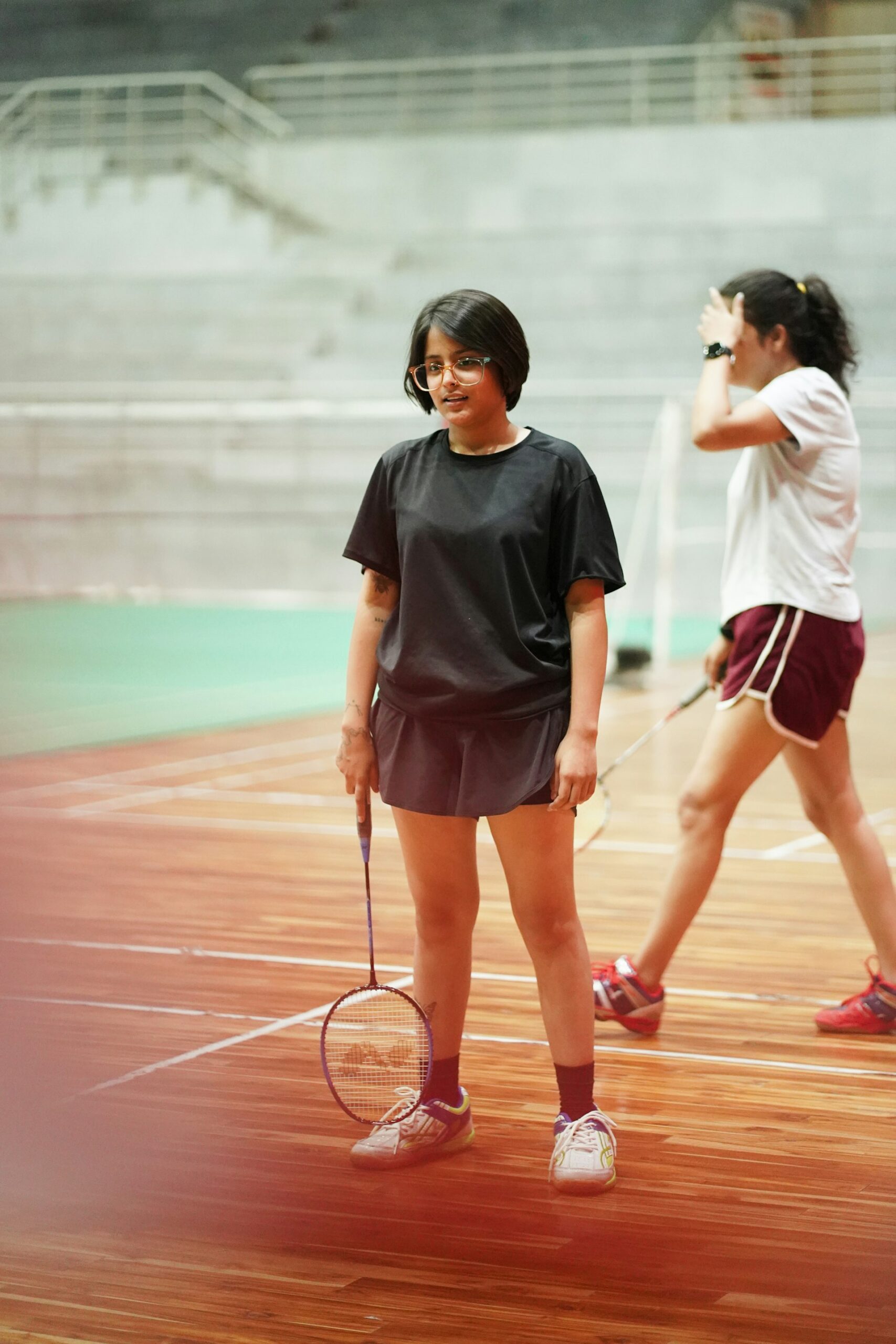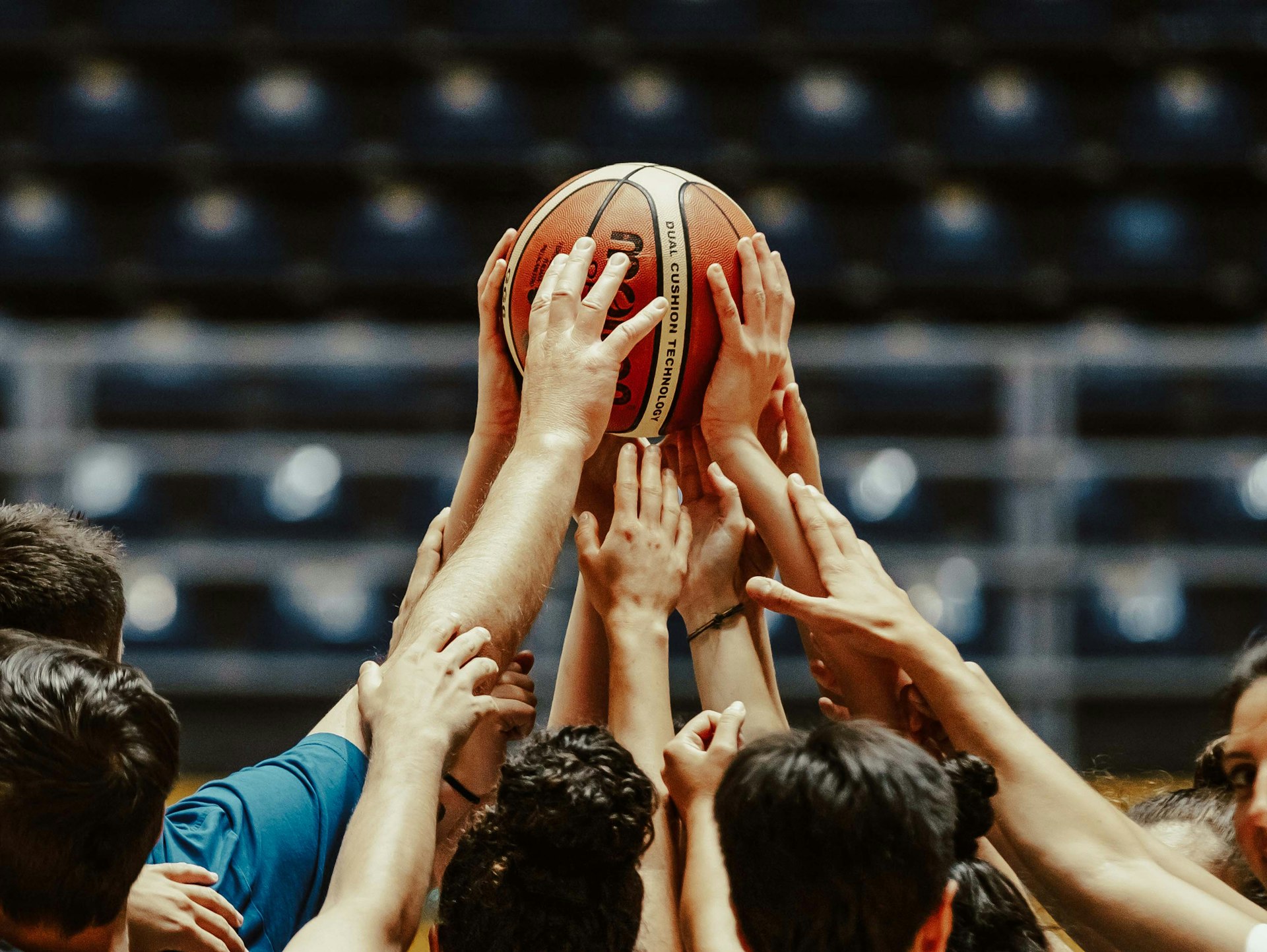Unlocking Athletic Potential: The Impact and Limits of Genetics in Sports Performance

Photo by Konstantin Mishchenko on Unsplash
Introduction
Athletic potential is shaped by a complex interplay of genetic factors, training, environment, and personal determination. Recent advances in sports genomics have revealed that certain gene variants can influence endurance, power, recovery, and even injury susceptibility. However, while genetics provide a foundational blueprint, their predictive power for elite success remains limited and must be understood alongside the role of training and environmental influences. This article explores the science behind genetics in athletic performance, offers guidance on practical applications, and provides steps for leveraging genetic knowledge ethically and effectively.
The Science of Genetics and Athletic Performance
Research has identified over 200 genetic variants associated with physical performance traits, with more than 20 variants linked to elite athlete status [1] [2] [3] . Notably, the ACE I/I genotype is associated with enhanced endurance, while the ACTN3 R/R genotype correlates with power-oriented performance [1] . Other genes, such as MCT1 and COL1A1 , influence lactate transport and ligament strength, respectively, affecting both performance and injury risk [4] .
Despite these findings, science has not yet reached a point where genetic testing can accurately predict athletic success . Most genetic associations with performance are modest, and talent identification based solely on genetic markers is still premature [1] . The growing field of exercise genomics now focuses on integrating multiple variants and examining gene-environment interactions, rather than relying on single genes [3] .
Real-World Examples and Case Studies
Elite marathon runners, sprinters, and endurance athletes often possess favorable genetic profiles, such as the ACTN3 R/R or ACE I/I genotypes. For instance, studies have found higher frequencies of these genotypes among Olympic-level sprinters and distance runners [1] . However, many world-class athletes do not have these “ideal” gene variants, indicating that training, mindset, and environment can compensate for or even override genetic predispositions [5] .
Epigenetics: Training and Gene Expression
Epigenetics refers to changes in gene activity that do not alter the DNA sequence but affect how genes are expressed. Lifestyle factors-such as nutrition, training, and recovery-can “switch on” or “off” genes related to muscle growth, adaptation, and endurance [5] . This means that personalized training programs tailored to an athlete’s strengths and weaknesses can help maximize genetic potential. Progressive overload, targeted recovery, and nutrition strategies are critical regardless of genetic makeup.
Practical Steps for Athletes, Coaches, and Parents
While direct-to-consumer genetic testing is now available, its utility for talent identification remains limited. Instead, consider the following actionable steps:
- Focus on Comprehensive Fitness Assessments: Use validated physical tests to assess strength, endurance, speed, and recovery. Combine these results with family history and observable traits to guide training decisions.
- Consider Genetic Testing Carefully: If interested, consult with a certified sports genetic counselor or exercise physiologist. Look for labs affiliated with major academic institutions or sports medicine clinics to ensure reliability. Use genetic insights only as one part of a broader assessment.
- Personalize Training Programs: Adjust intensity, volume, and recovery based on observed responses to training. Monitor adaptation and injury risk, and be open to changing strategies as needed.
- Monitor Injury Risk: Some genes, like COL1A1 and COL5A1, affect ligament strength and recovery [4] . If there is a family history of joint or tendon injuries, emphasize prehab and recovery routines.
-
Stay Updated with Reliable Sources:
For the latest research, refer to journals such as
Frontiers in Genetics
or the National Institutes of Health’s PubMed database. Avoid commercial promises of guaranteed results from genetic tests, as these are not supported by current evidence.
If you wish to pursue genetic testing, you can search for “sports genetics services” at major medical centers, such as the Mayo Clinic or Cleveland Clinic, or consult with certified exercise physiologists and genetic counselors. Always verify credentials and look for affiliations with reputable sports science organizations.
Challenges and Ethical Considerations
There are several challenges in applying genetic knowledge to sports:
- Limited Predictive Power: No single genetic test can guarantee athletic success. Current tools offer probability, not certainty [1] .
- Methodological Issues: Studies often lack large, diverse samples and standardized definitions of “elite” status [2] .
- Risk of Misuse: Talent selection based solely on genetics can exclude promising individuals and raise ethical concerns.
- Privacy: Genetic data is sensitive. Share results only with trusted professionals and use data responsibly.
Alternative Approaches to Maximizing Athletic Potential
If genetic testing is not accessible or desired, consider these alternatives:
- Holistic Athlete Development: Focus on long-term skill acquisition, mental resilience, and physical conditioning.
- Regular Performance Tracking: Use fitness assessments and training logs to guide progress and adapt programs.
- Family History Review: Observe trends in injury, endurance, and power within your family to identify natural strengths and risks.
- Consult Professionals: Work with certified coaches, sports physicians, and physiotherapists to design and monitor training plans.
Summary and Key Takeaways
Genetic factors play a significant role in shaping athletic traits, such as endurance and power. However, genetics are only one aspect of a much larger equation. Personalized training, recovery, nutrition, and psychological resilience remain essential for maximizing athletic potential. While genetic testing may offer insights, current evidence supports using a balanced, comprehensive approach to athlete development.
To access cutting-edge guidance, athletes and coaches can:
- Consult with certified sports genetic counselors at major medical centers.
- Search for “sports genomics” programs at universities and sports science institutes.
-
Review research through trusted databases such as PubMed and
Frontiers in Genetics
.
For more information, athletes may contact sports medicine departments at major hospitals or academic institutions, and inquire about personalized training and injury prevention programs tailored to genetic and phenotypic profiles.
References
[1] Guth, L. M. & Roth, S. M. (2013). Genetic influence on athletic performance. PMC.

Photo by Braden Collum on Unsplash
[5] Lionel University. Genetics vs. Training: What Truly Limits Your Athletic Performance?
MORE FROM pulsefusion.org













